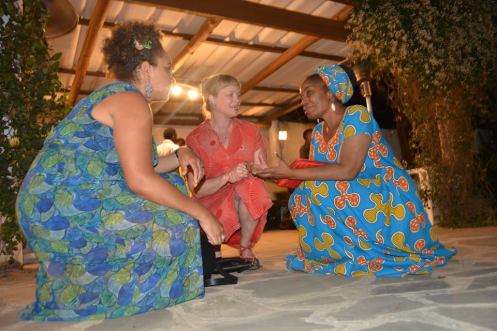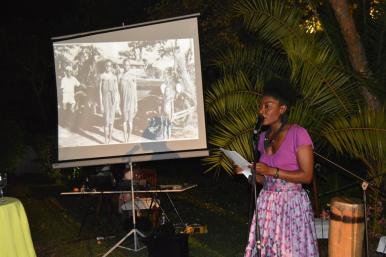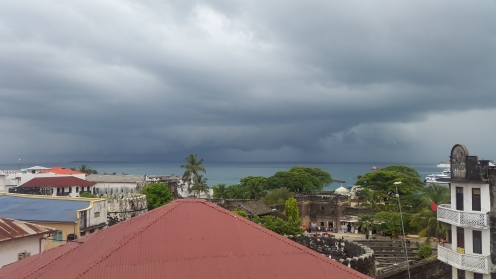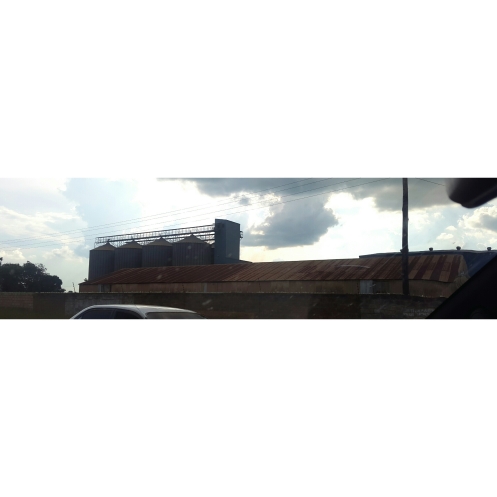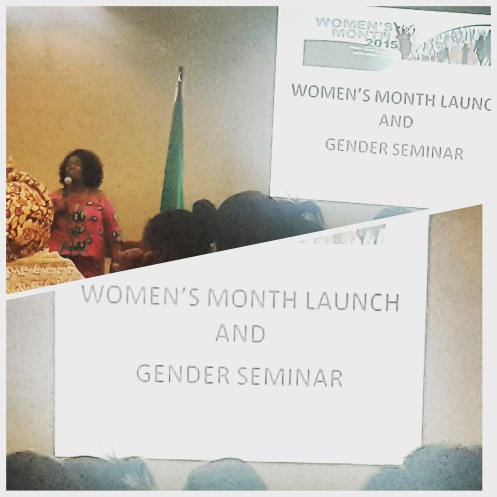21st century parenting, the emerging DNA of a Zambian family
By Samba Yonga
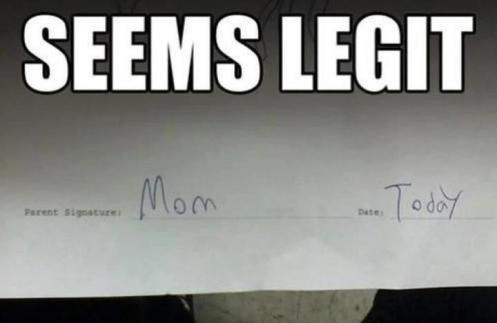
I have three sons – a 23 – year old, an 11 year old and a 7 year old.
They have been in my life since the day each of them was born, even though I became a mother to them at varying intervals in their lives.
I didn’t biologically give birth to any of my children but they are my children. When I inevitably have to use that line to explain the seeming impossibility of me having a 23 year old son to people who happen to meet him, I am often met with interesting reactions. They range from dismissive disillusion “Oh, so he’s not really your son” to shock and awe “Wow, that is so great, you are amazing!!”. I am often amused by both reactions and all the varying versions in between.
This has led me to ponder the single idea of parenting that seems to be an inherent notion for most people and whether there is room to provide an alternative way of thinking about parenthood.
It’s strange to think how narrow the concept of parenting is still perceived in an age where the meaning of parenting has been expanded beyond just the biological confines of providing DNA to another human being.
It’s also odd to raise an eyebrow at the idea of surrogate parenting in a society that is steeped in a history of “shared community” that includes standing in and becoming parents for those who have no parents. The much flogged and overused “Ubuntu” comes to mind.
My sons are very aware of the parentage dynamics that they exist in, there is no confusion about the role each of us plays. If you ask the seven year old who his mother is, his answer will be “Mommy big Mahongo, Mommy Smoz (small) Mahongo and Mommy Samba”. He mentions all three of us- his biological mother, my sister, my other young sister and myself. People might find that confusing but actually for him it is an extended safety net that is unique to him and sees no conflict. To the point that if I go and pick him up from school when he spots me he turns to his friend to say “I’m going, my mum is here”. Its seamless, we are all the same to him and emotionally and physically available to attend to his needs as a child and he knows we are there to provide the care, guidance and discipline, unconditionally.
With the 11 year old it gets even more interesting, besides us, he has a second family, his biological mother’s family, – they are present in his life even though his mother passed on years ago. He has an anchor with us but also knows he is safe and secure with his mother’s family who embrace him and provide a family structure for him to retreat to.
The 23 year old came into my life when I was 21, he was 8 years old, I was fresh out of college and still clubbing every weekend. I had known him since he was the over inquisitive baby who was never afraid to speak his mind. It was never a question of whether I could, it just had to happen. The alternative was not an option. And so the following 15 years has been an education in human development that neither the 23 year old nor myself would have received if we stayed in our respective spaces. It’s the simple things, like a keen understanding of what the word ‘patience’ actually means. I also have an appreciation of what ‘unconditional love’ requires, it means even when you can stop, or even when you could have another choice – you still choose this one. And it has nothing to do with biology.
I write this as if this is some sort of unique phenomenon, in fact, it is not. It has been happening for generations except these days we put labels on it such as ‘adoption’, ‘dependants’, ‘nephew’, ‘niece’ – all perfectly adequate and accurate except I feel when you stick to the actual meaning of each of these terms there is a subtraction that is not immediately obvious but can be felt.
It is not inaccurate to assert that we live in a deeply fractured society, resultant from all manner of social problems that has left gaping holes in places where there should have been a mother, father, role model, supporter, provider and carer. This has required that certain roles we would execute, for example, as an ‘Auntie’, morphs into much more as the role takes on additional unforeseen duties of mother, father, sister, brother, friend. It is much much more than a dismissive wave of the hand or a pat on the shoulder.
We don’t necessarily share any chromosomes with my children but more often than not, when people close to my circle have interacted with them long enough they often say things like, “Your son listens to the same music you do” or “He reads a lot like you”, or “His facial expression mimics yours” or “ He is reserved like you”.
Recent scientific studies actually suggest that personality traits depend more on social environment rather than genetics. My point being, it is not about bringing up a child in a strict conventional family unit that consists of mother, father and family home that will contribute to their adequate development but it is making sure that you are able to seal the gaps of the fracture and hold on for long enough, using whatever resources are available until they are able to fly the nest.
The kids shuffle between my home and their grandparents, with shared duties of hangouts, school runs, homework and abundant love. I am not saying the pitfalls are non-existent or its ideal, all I am saying is, it works, and for now that’s what matters.
Image courtesy of the Google memes
Posted in Vishingayeka (thoughts)
Tags: children, DNA, genetics, glam mom, parenting, single mom, Zambia



